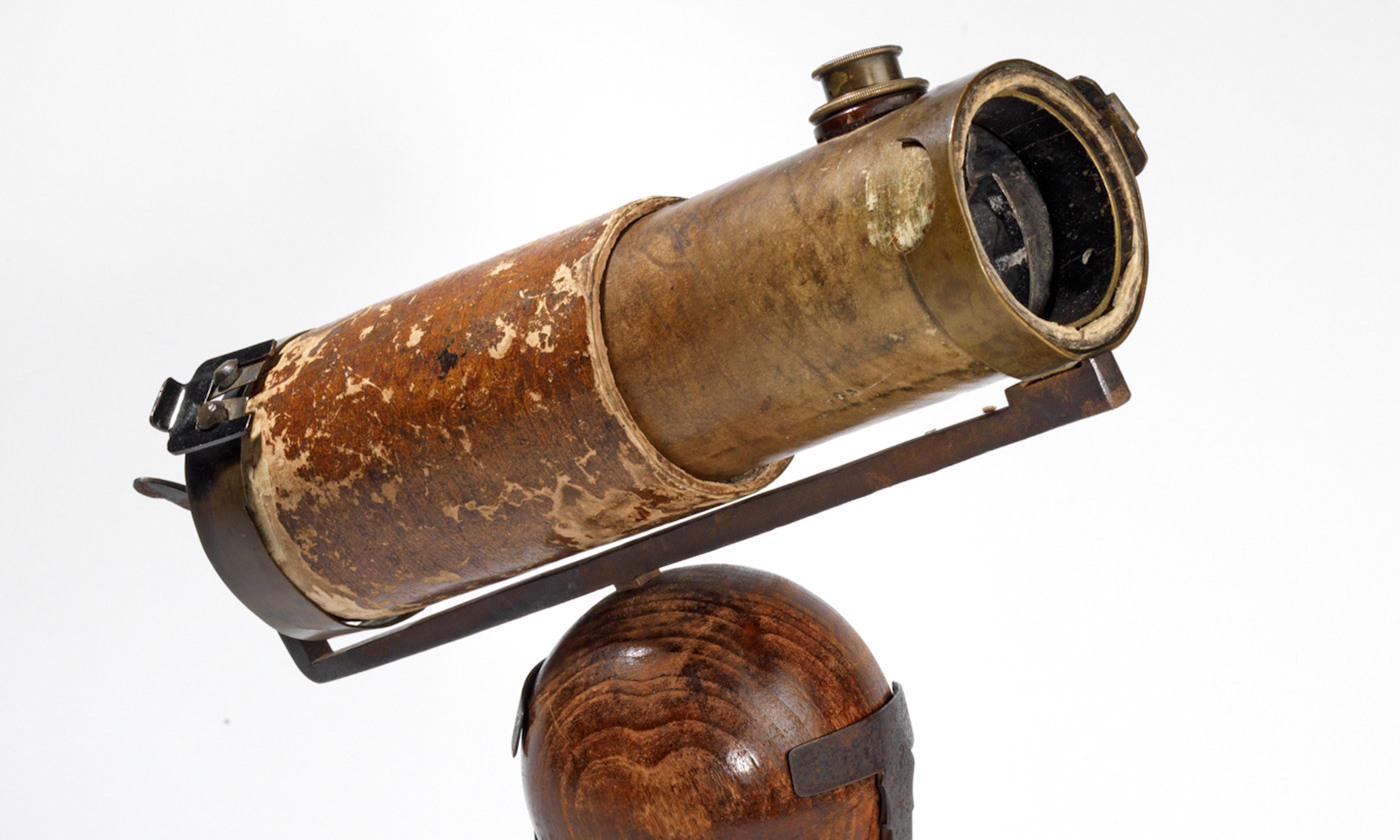


….We have no contemporary record of the reasoning by which he justified this unusual method….Yet Newton used averages early on he used them frequently and, it seems, consistently….Why did Molyneux and Flamsteed, a decade or two later, do so as well?….Is there some evidence as to what underpinned the average, decades before statistical notions became widespread?Īpparently the answer to that last question is no. No such method appears elsewhere at the time, and it would certainly have seemed odd, to say the least, to most practitioners of the period. It was a most paradoxical weapon for the times, because it amounted to a method by which error seems to be reduced by committing it repeatedly. Newton’s “mean”-the average-was the weapon with which he slew the invevitable dragons of sensual errors. Newton did something unusual, and even, as Alan Shapiro notes, “almost unprecedented in the 17th century”: he averaged all of the differences….None of this reached print….Newton certainly avoided hinting in print that his law of arithmetical progression was adduced by anything other than the most skillful and precise of measurements.

Newton, however, invented a revolutionary new method in 1671 while he was measuring the differences in the diameters of the rings produced when a spherical lens is pressed against a plate of glass-the phenomenon later termed “Newton’s rings”:
#Isaac newton inventions series#
The usual way of handling this was to make a series of observations and then pick out the one that seemed most accurate. Some were unaided, while others depended on instruments, but in the end, their accuracy was still no better than that of the observer, and scientists of the day-very much including Newton-were well aware that human observation was imperfect. But one way or another, observations of that era all depended on the human eye. Observational science was as important in the 17th century as it is today, and Newton has long had a reputation as a master of precise observation. But I’m reading a book called Newton and the Origin of Civilization right now, 1 and I’ve learned to my surprise that he invented something else that was similarly groundbreaking. How about Isaac Newton? As we all know, he invented calculus, the theory of gravity, and Newtonian mechanics, as well as conducting pioneering work in optics. I feel the need to write about something that’s as far removed from Benghazi as humanly possible.
#Isaac newton inventions free#
Fight disinformation: Sign up for the free Mother Jones Daily newsletter and follow the news that matters.


 0 kommentar(er)
0 kommentar(er)
